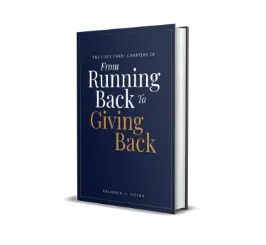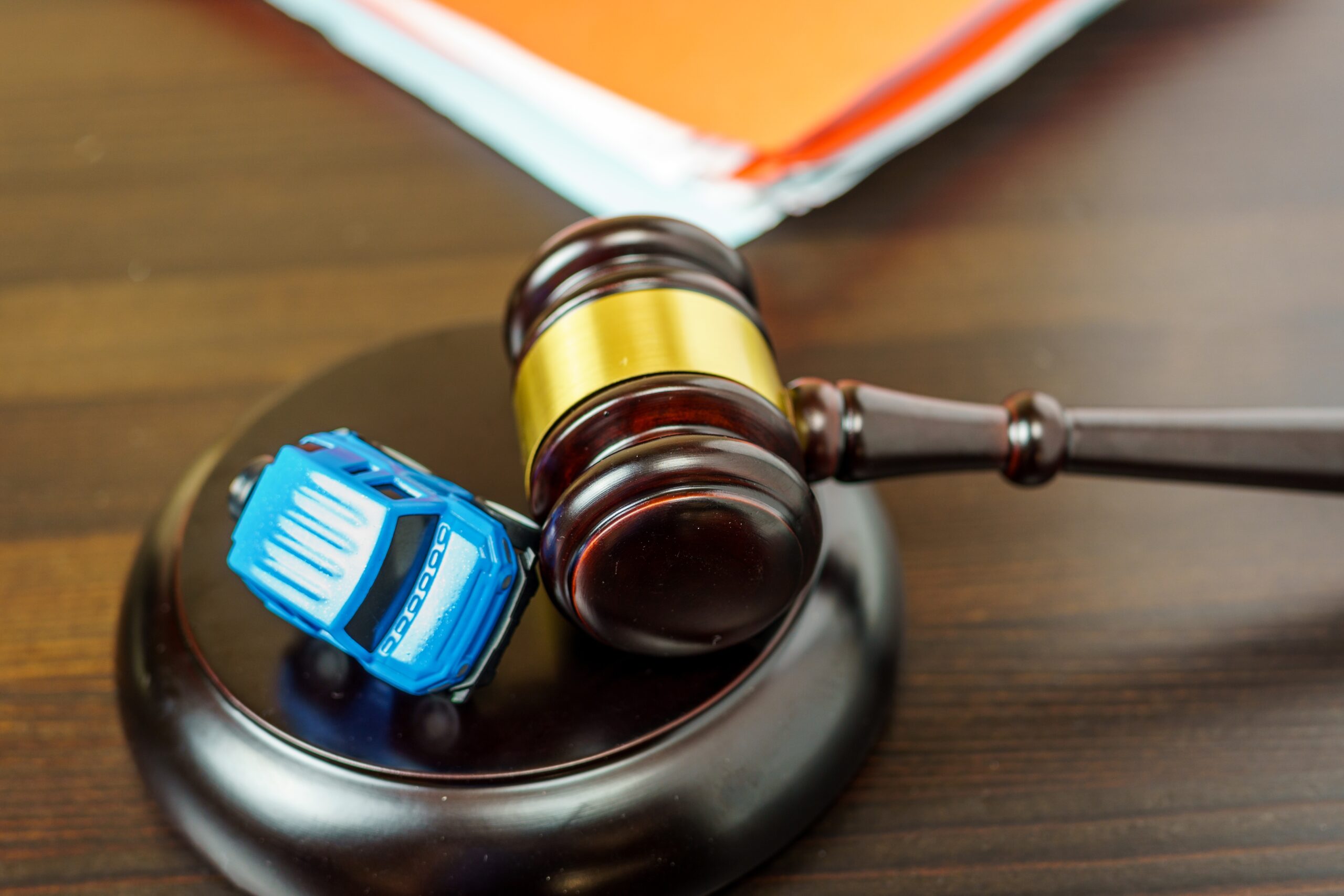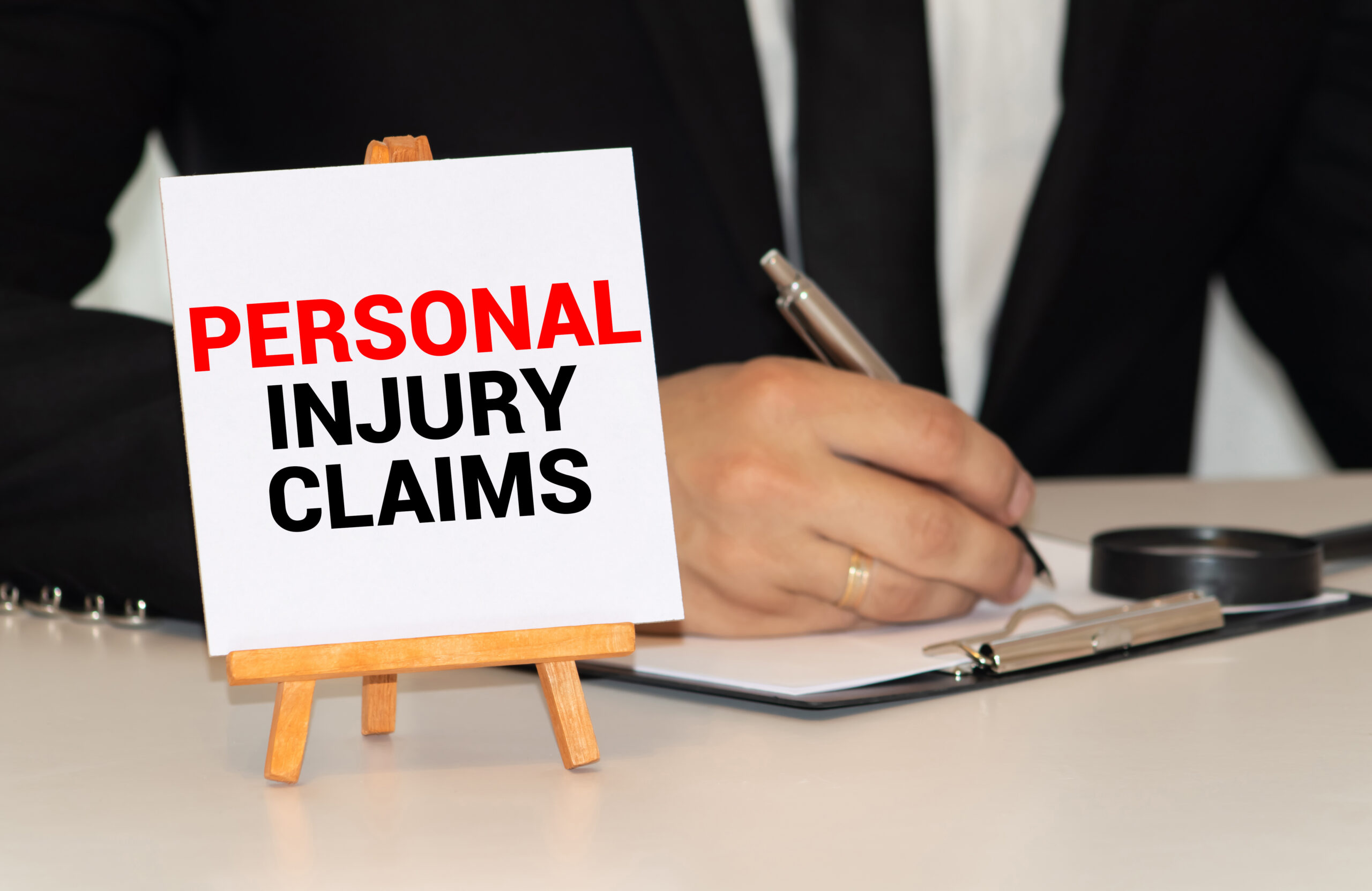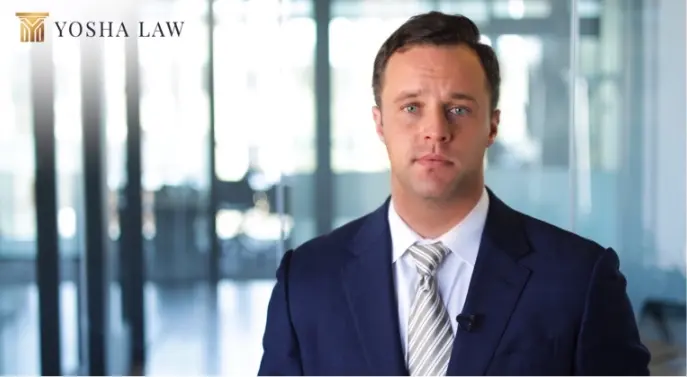
After you’ve suffered a personal injury in an accident, the last thing you want to do is deal with insurance adjusters. However, in order to receive compensation for the trauma you’ve endured, you have to file a claim with the insurance company.
Unfortunately, insurers are notoriously reluctant to pay out high settlements — even as you mount astronomical bills as the result of another’s negligence. Nonetheless, before you choose to file a personal injury lawsuit, it’s important that you file an insurance claim.
You should know how to handle all communications with an insurance adjuster in order to make the process as painless as possible.

Steps to take before you file a personal injury claim
Regardless of who caused your accident, you want to feel like you can rely on the insurance coverage of the at-fault party to offer you just compensation. After all, approximately 91% of U.S. citizens pay for insurance coverage so that should an emergency or liability in an accident arise, they’ll be covered.
The steps you should take before beginning the insurance claims process include:
- Gather Evidence of Your Accident:
If possible, take photo and video documentation at the scene of the accident. It’s important that you have photos of your injuries as well.
- File a Police Report:
If your personal injuries are the result of a car accident in Indianapolis, you must contact local law enforcement. If your injuries are severe, you should do this at the scene of your collision. If your injuries are severe, you should do this at the scene of your collision.
In Indiana, your police report will go on file with the state police. You can request a copy of the report and should receive it within 7 to 10 business days of your accident. Indiana state law mandates police reports for any accident that causes injury.
- Seek Medical Attention:
In order to have a valid personal injury insurance claim, you’ll need evidence of any received medical treatment and diagnosis. An insurance company may also ask for copies of the medical bills you’ve incurred.
What does an insurance adjuster do?
An insurance adjuster is the agent (or agents) assigned by a company to investigate your claim. Once you’ve filed your claim, you’ll receive a file number that acts as the identifier for your case. In some instances, you may have several adjusters assigned to your claim.
The insurance adjuster looks over all of your evidence, conducts an interview with you, and then uses company guidelines, insurance law, and personal discretion to determine what financial compensation, if any, you are owed.

Tips to negotiate with insurance adjusters
Before you communicate with an insurance adjuster, it’s vital that you know how to do so. The information you share and the questions you ask can have a major impact on your personal injury claim.
Suppose your accident left you with severe injuries, and your incurred costs surpass the liability and personal injury coverage of the at-fault party. In that case, it may be time to connect with an Indianapolis personal injury lawyer.
Some general tips to keep in mind when dealing with an insurance adjuster include:
- Provide Documentation:
Anyone can make a personal injury claim. However, insurance adjusters are looking for ways to debunk your claims or at least offer you the minimum payout for your suffering. Ensure that you’ve gathered evidence and can provide all accident-related bills, proof of lost wages, etc. before the adjuster launches their investigation.
- Estimate a Settlement:
Based on your cumulative medical bills and the life transformation you’ve undergone as a result of your injuries, you should be prepared to ask for a specific amount of financial compensation.
It’s also important that you understand your state’s personal injury laws when calculating your settlement. For example, Indiana has a statute of limitations on personal injury claims, and specific laws on the books for personal injury payouts.
- Request Any Offers in Writing:
If your insurance claim adjuster offers you a settlement during a phone conversation or an unofficial email, make sure you have an official, written offer before you agree to anything.
You Get ONE Shot At Full Justice. We Make Sure You Take It.
*Available 24/7 & Obligation-Free
What not to say to insurance adjusters
However, there are certain topics that you should avoid in any communication with the insurance adjusters assigned to your case. Keep your conversations civil and professional in tone, as any aggression could negatively impact your claim.
You should avoid the following in your communication with the insurance company:
- Admittance of Fault:
Even if you feel like you may hold a miniscule amount of fault for your accident, never disclose this to your claims adjuster. If you admit any level of fault, you may find your claim is rejected.
- Questions About Your Accident:
If you’re asked to recount your version of how the accident occurred, refer the adjuster to your filed police report. If you were injured in a slip and fall or other type of accident, you can point to the incident report you filed.
However, your emotions and the shock of your accident could cause you to miss important details of your accident, or give unclear answers.
- Quick Agreement to Settlement:
The first settlement you’re offered by an insurance provider may be on the low end. You shouldn’t have to quickly settle for an amount that doesn’t reflect the pain and suffering you’ve experienced.
Remember, once you provide written agreement, you have no legal recourse to seek a larger amount from an insurance company.
- Description of Your Injuries:
You should use the documentation of your medical diagnosis, treatment, and bills to explain your injuries. You may even provide photo evidence of what you’ve endured. However, avoid explaining your injuries to an adjuster.
What insurance adjusters won’t tell you
When you’re dealing with an insurance adjuster, they might not disclose the at-fault party’s policy limit. They won’t tell you that you can take the time to look things over before signing any binding documents.
Insurance adjusters may also fail to disclose that you’re free to consult and retain a personal injury lawyer at any time during your claims process. If you choose to retain an attorney, you have support to help you navigate through any murky aspects of your claim.
Questions you should ask
However, when dealing with insurance adjusters, you should definitely ask questions. This will inform you on the settlement you’re offered, and will help you discern whether or not you should accept an offer.
The questions you should ask include:
- Will you admit fault in this accident?
- Will you cover my medical expenses?
- What does the at fault party’s policy cover?
If you aren’t provided satisfactory answers, you may want to consult a personal injury lawyer before moving forward in the claims process.
How Yosha Law can help
If you’ve filed your personal injury claim, but are growing frustrated with the process, the lawyers at Yosha Law can stand in your corner. We will help you fight for the just compensation you’re owed.
At Yosha Law, our clients become a part of our family. We empathize with your stress and desire to settle your personal injury claim. We know how to deal with insurance adjusters, and can negotiate your claim for you. Contact us for a consultation today.







